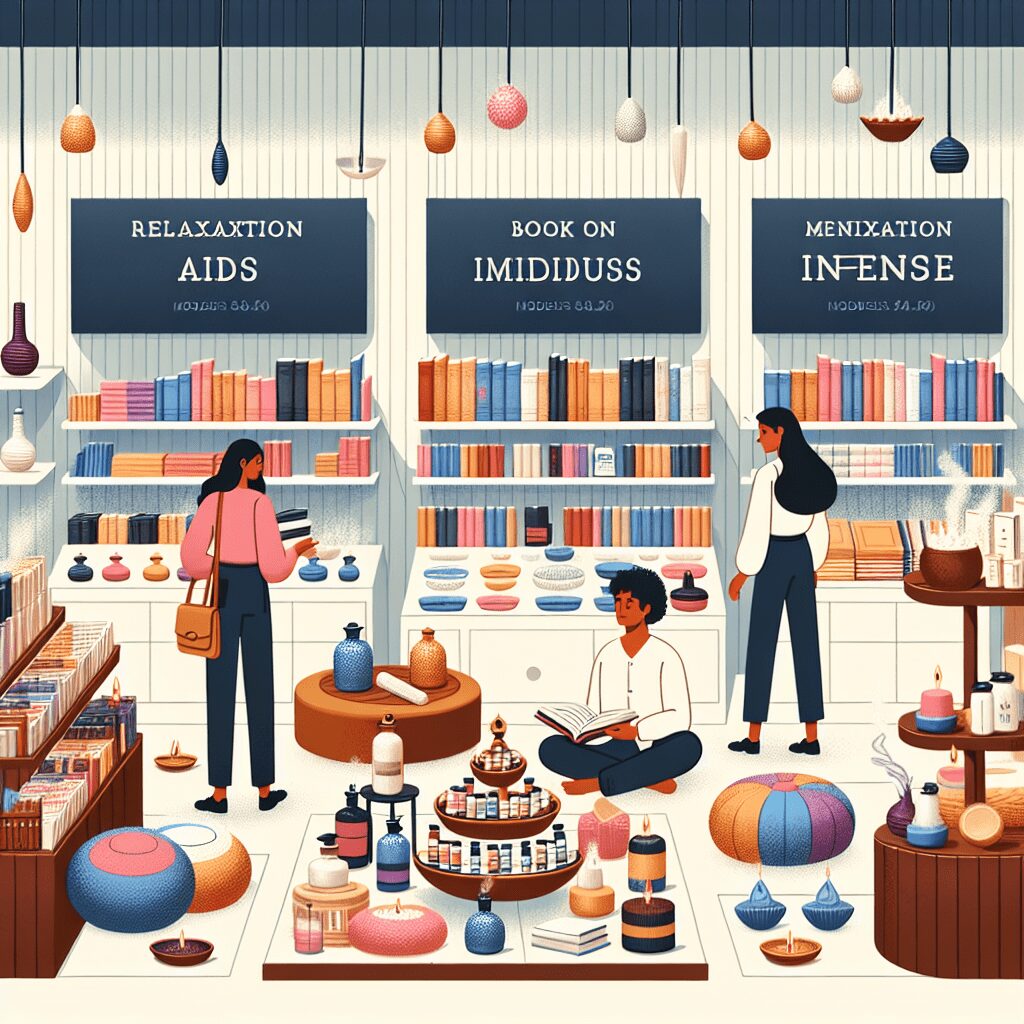
Prioritize your mental well-being daily. Enhance your life by nurturing your mental health with the Smart Meditation app. Break free from stress, alleviate anxiety, and enhance your sleep quality starting today.
Is Worrying Anxiety?
Unraveling the Maze: Understanding Worry vs. Anxiety
In today’s fast-paced world, it’s not unusual for the lines between worry and anxiety to get a bit blurred. Many of us have found ourselves lying awake at night, our minds racing with “what ifs.” But, let’s set the record straight – is worrying the same as having anxiety? Well, buckle up because we’re about to dive deep into the nitty-gritty of these emotional experiences, decoding them like a pro.
The Thin Line Between Worry and Anxiety
First off, it’s crucial to recognize that worry and anxiety, despite being close cousins in the emotional family tree, are not identical twins. Here’s the lowdown:
Worry… It’s All in Your Head, Literally! Worry is predominantly a cognitive process, meaning it’s something that happens in the brain, stirring up those thoughts about potential problems or threats. It’s like having a debate club in your head, where you’re the sole member, hashing out every possible outcome of a situation. Now, worry isn’t always the villain it’s made out to be; it can sometimes act as a mental rehearsal, preparing us to tackle future hurdles. However, when left unchecked, this mental merry-go-round can take a toll, transforming into a runaway train of stress.
Anxiety: The Body’s Alarm System On the flip side, anxiety is the full-body experience, the physical manifestation of worry and stress. Imagine your body’s alarm system going off, sirens blaring, signaling danger. This reaction is deep-rooted in our evolutionary survival mechanisms – a throwback to the days when outrunning a saber-toothed tiger was a legitimate concern. Anxiety encompasses physical symptoms – from the heart going on a marathon run while you’re just chilling on the couch, to your stomach turning into a knot tougher than a sailor’s.
Now, here’s where it gets even more interesting. While worry tends to have a clear focus (“Will I nail that presentation tomorrow?”), anxiety can be more vague, casting a shadow over everything like an uninvited cloud. It’s as though your mind’s alarm system is on high, even when there’s no clear danger in sight.
Riding the Emotional Rollercoaster: Strategies to Ease the Journey
So, now that we’ve dissected the differences, what can you do to keep worry and anxiety from hijacking your emotional well-being? Here are a couple of lifesavers:
-
Mindfulness and Meditation: It’s not just New-Age mumbo jumbo; these practices can be game-changers. By training your mind to anchor in the present moment, you can prevent it from time-traveling to the land of “What ifs.”
-
Talk it Out: Whether it’s a trusted friend, a family member, or a therapist, getting those worries off your chest can lighten the load. Sometimes, just the act of verbalizing our fears can strip them of their power.
-
Healthy Lifestyle Choices: Believe it or not, what you feed your body can feed into your emotional state. A balanced diet, regular exercise, and ample sleep can work wonders in keeping your inner alarm system in check.
-
Know When to Seek Help: There’s no shame in the game of seeking professional help. If worries and anxieties are turning your world upside down, a counselor or therapist can offer strategies to navigate the storm.
In wrapping up, while worry and anxiety might be part of the complex tapestry of the human experience, they don’t have to dictate your life’s narrative. By understanding their nuances and arming yourself with coping mechanisms, you can turn the page to a more balanced and peaceful chapter. Remember, it’s okay not to have all the answers; sometimes, the journey is about learning how to ride the waves, come what may.





